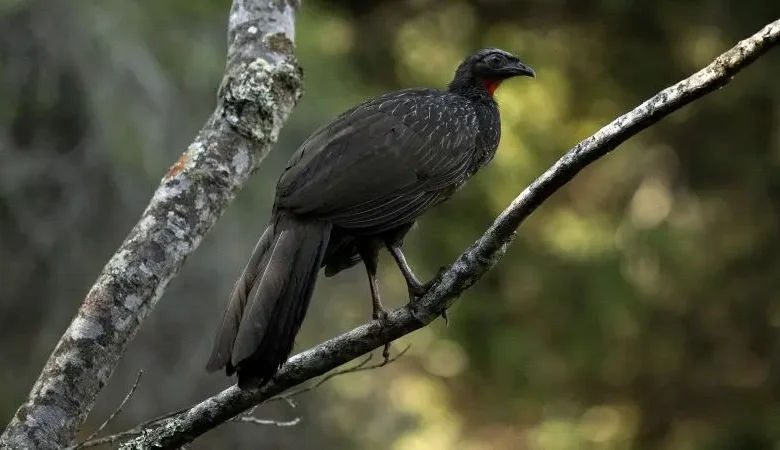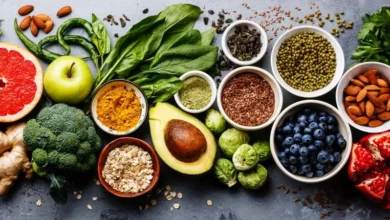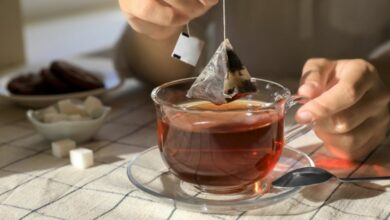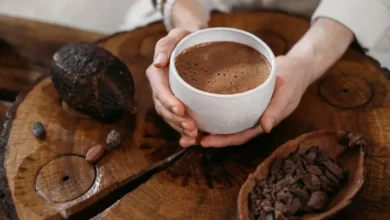Organic Brazilian Jacu coffee: Made from bird droppings

Brazil is one of the world’s largest coffee producers, and it offers a rare and unique twist to coffee production: Jacu coffee, which comes from beans extracted from the dung of the jacu, a tropical forest-dwelling pheasant species.
On the Camusim farm located in rural Domingos Martins, in Espírito Santo in southeast Brazil, the coffee plants grow under a canopy of trees, within a thick tropical forest.
The jacu bird, whose natural habitat is in the same type of forest, finds these coffee beans especially enticing, choosing the ripest, and enhancing their unique flavor.

(Photo by CARL DE SOUZA / AFP)
One kilogram of the organic product sells for 1118 Reais (approximately $229) in Brazil and for higher prices when exported, particularly to specialty stores around the world, like Harrods in Britain.
Jacu, coffee constitutes less than 2% of the Camusim farm’s total production, but farmer Enrique Sloper is a great advocate of biodynamic agriculture, a farming approach using natural fertilizers to promote crop and animal development.
He recognizes the value of jacu birds who were previously seen as pests, in producing this unique coffee, Jacu coffee.
Enrique Sloper and his team collect the jacu waste, dry it in a greenhouse, carefully sort and peel the beans, and then store them in a refrigerator.
This process requires a lot of effort and is costly, leading to even higher prices for the jacu coffee.
Nevertheless, Pollyanna Priego, a tourist who tasted the coffee on the Camusim farm, found the coffee delicious and the story of its production special.

(seaislandcoffee)
Enrique Sloper believes the future of coffee lies in Brazil, which is capable of creating unparalleled types of coffee worldwide, showcasing tropical, sustainable produce, and offering a range of rare blends such as jacu coffee.
Jacu’s natural habitat is the Mata Atlantica forest on Brazil’s Atlantic coast, a protected area where the farm does not use any chemical product, ensuring the coffee is completely organic.

(Photo by CARL DE SOUZA / AFP)
The digestion process in jacus lasts only a few seconds, which sets it apart from other coffee sources like elephants or civets.
The jacu bird’s selection process provides perfectly ripe coffee beans, enhancing the coffee’s texture, acidity, and flavor.
Its natural freedom in the wild is unlike the captive civet’s existence associated with the production of Kopi Luwak coffee, likewise sold for a high price, but receives harsh criticisms for its inhumane practices.
Jacu coffee is another excellent example, where valuable and ecological goods are produced by respecting and preserving fragile ecosystems.










